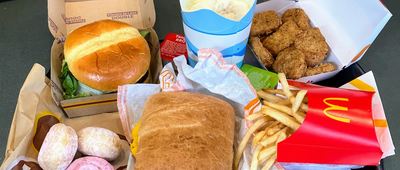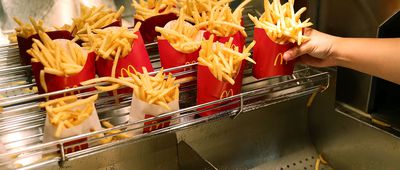Kitchen Fiends
In the bustling world of restaurant kitchens, those who serve the food often have unique insights into the dishes they wouldn't dare order themselves. These industry insiders, armed with behind-the-scenes knowledge about preparation, freshness, and handling of food items, tend to steer clear of certain dishes that might seem appealing to the average diner.
From certain types of seafood to coffee and tap water, here are 10 items that servers and industry experts say they'd never order at a restaurant — and the reasons why may surprise you.
Note: It perhaps goes without saying, but these observations are based on personal experiences and don't necessarily apply to all restaurants.



















